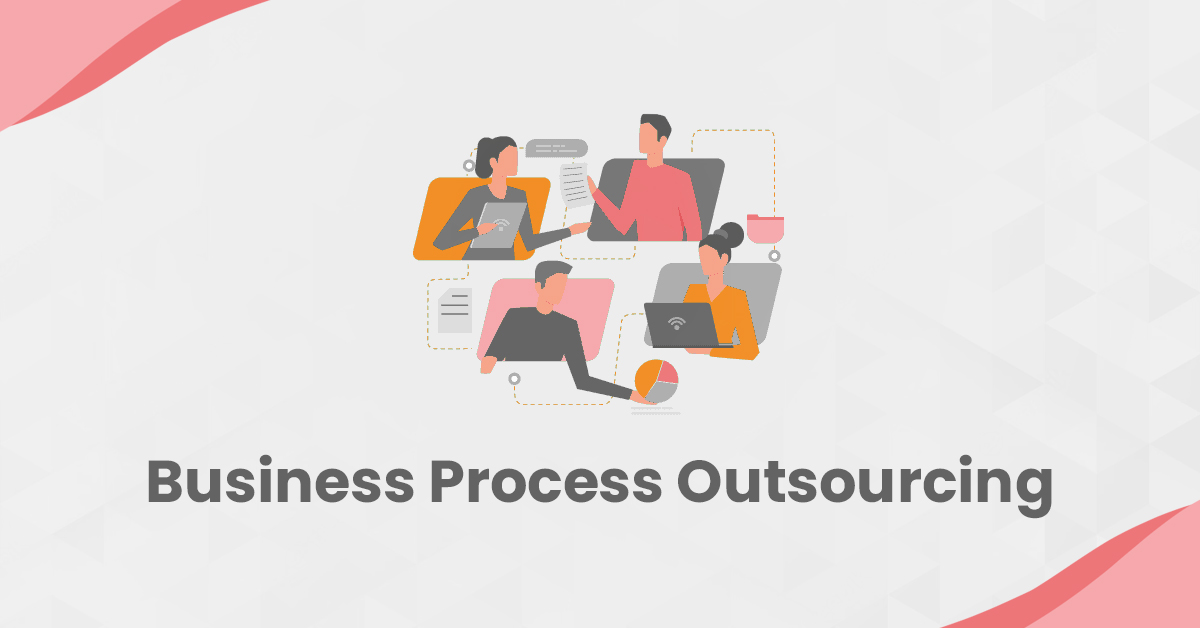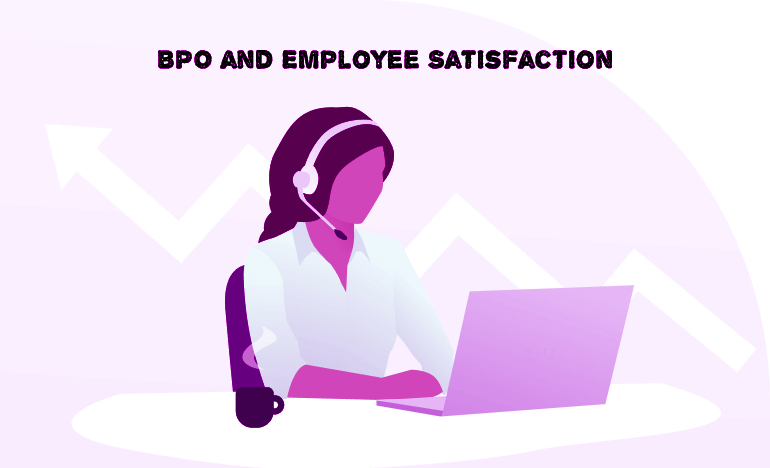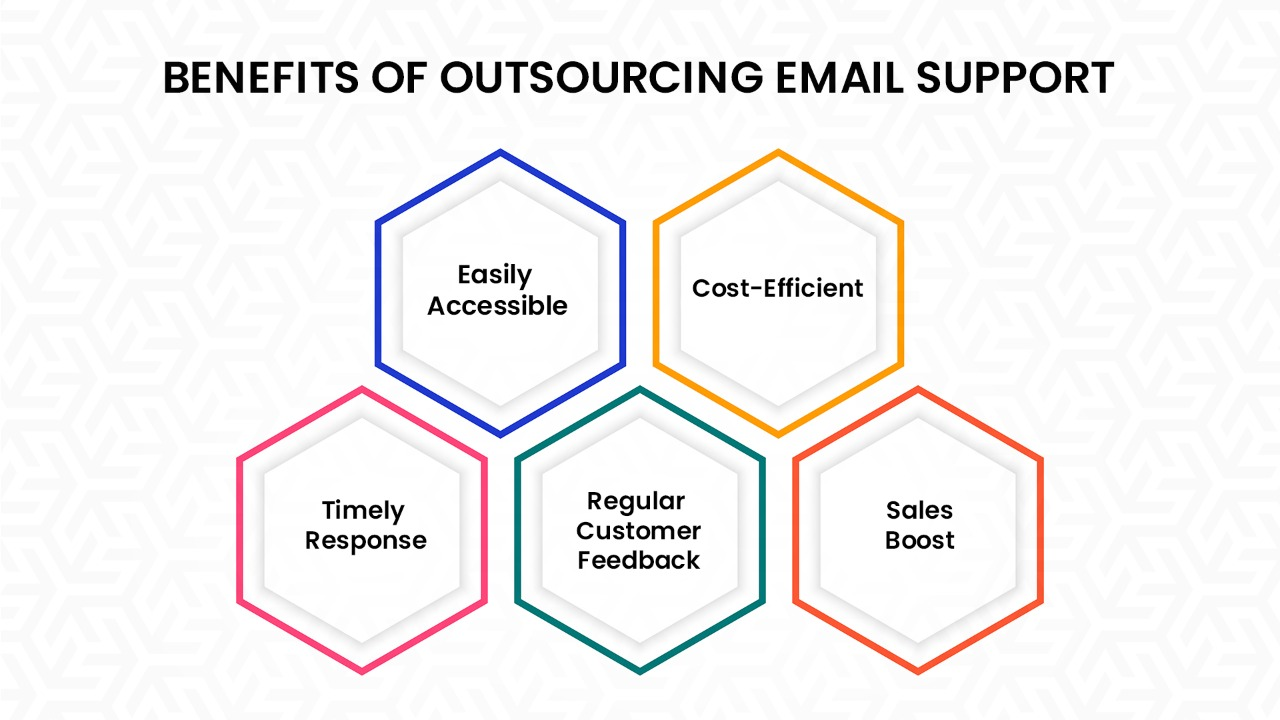Business Process Services: Everything You Need to Know
In the dynamic landscape of US /USA business, companies are constantly seeking ways to improve efficiency and focus on their core functions. One effective strategy they employ is outsourcing non-core tasks to specialized service providers known as Business Process Services (BPS) providers.
Understanding Business Process Services Outsourcing
Business Process Services outsourcing involves delegating specific business functions, such as finance, human resources, customer service, and IT support, to external service providers. These providers, known as BPS providers, handle these tasks on behalf of businesses, allowing them to concentrate on their core activities and strategic objectives.
What are the Types of Business Process Services?
When it comes to Business Process Services (BPS), there are several types of services that companies can outsource to specialized providers. These services cover a wide range of business functions, each designed to streamline operations and improve efficiency.
Finance and Accounting: BPS providers assist businesses with tasks such as accounts payable and receivable, payroll processing, financial reporting, and tax preparation.
Human Resources: BPS providers manage various HR functions, including recruitment, onboarding, training administration, payroll management, and benefits administration.
Customer Service: BPS providers offer customer support services through multiple channels, ensuring prompt resolution of inquiries and issues.
IT Support and Infrastructure Management: BPS providers handle IT helpdesk support, network monitoring, server maintenance, cybersecurity, and software development.
Benefits of BPS providers
Business Process Services (BPS) offer a plethora of benefits for businesses in today’s competitive landscape. By outsourcing specific tasks to specialized service providers, companies can unlock various advantages that contribute to their overall success. Let’s delve deeper into the key benefits of Business Process Services:
Cost Savings: One of the primary benefits of leveraging Business Process Services is the potential for significant cost savings. By outsourcing non-core functions to BPS providers, businesses can avoid the overhead costs associated with maintaining in-house teams for these tasks. BPS providers often operate in regions with lower labor costs, allowing businesses to access quality services at a fraction of the cost.
Focus on Core Activities: With Business Process Services handling tasks such as finance, human resources, customer service, and IT support, companies can redirect their resources and attention towards their core competencies and strategic objectives. By offloading non-core functions to these providers, businesses can streamline their operations and allocate resources more effectively, leading to improved productivity and competitiveness.
Access to Expertise: They bring specialized skills and knowledge to the table, enhancing the efficiency and effectiveness of outsourced tasks. These providers are experts in their respective fields, with years of experience and training in handling specific business functions. By partnering with BPS providers, businesses can tap into this expertise and benefit from best practices, innovative solutions, and industry insights.
Scalability: Another significant advantage of Business Process Services is scalability. They have the flexibility to scale services up or down based on the evolving needs of the business. Whether it’s accommodating sudden spikes in demand or scaling back during quieter periods, they can adjust resources and capacity accordingly. This scalability provides businesses with the agility and flexibility to adapt to changing market conditions and seize new opportunities without being constrained by internal limitations.
BPS offer businesses in-depth advantages, including cost savings, enhanced focus on core activities, access to expertise, and scalability.
Business Process Services Best Practices
Implementing best practices is crucial for BPS providers to ensure they deliver high-quality services, maximize customer satisfaction, and drive business growth. Let’s explore some of the best practices that BPS providers employ for optimal performance and exceptional customer experience (CX) delivery.
Clear Communication Channels: Effective communication is key to successful BPS operations, particularly within the business process services USA landscape. BPS providers establish clear communication channels with their clients to understand their requirements, address concerns promptly, and provide regular updates on project progress. According to a study by Forbes, companies that prioritize communication experience 47% higher customer retention rates.
Define Performance Metrics: BPS providers set clear performance metrics and key performance indicators (KPIs) aligned with client objectives, a practice crucial in the BPS USA industry. These metrics help measure the effectiveness of BPS processes and identify areas for improvement. For instance, a BPS provider focusing on customer service may track metrics such as response time, resolution rate, and customer satisfaction scores.
Continuous Training and Development: BPS providers invest in training and development programs to enhance the skills and knowledge of their employees. According to a report by Hurix, companies that invest in employee training experience a 24% higher profit margin compared to those that don’t. Continuous training ensures that employees stay updated on industry trends, best practices, and technology advancements, enabling them to deliver exceptional services.
Technology Integration: BPS providers leverage cutting-edge technology and automation tools to streamline processes, improve efficiency, and enhance service delivery, a trend prominent in the business process services USA landscape. For example, implementing customer relationship management (CRM) systems can help BPS providers manage customer interactions more effectively, resulting in personalized and seamless CX. According to a report by Gartner, 85% of customer interactions will be managed without human intervention by 2025, highlighting the importance of technology in BPS.
Quality Assurance and Compliance: BPS providers implement robust quality assurance processes to ensure service quality and adherence to industry regulations and standards. Regular audits, reviews, and feedback mechanisms help identify and rectify any deviations from quality standards. Compliance with regulations such as GDPR in the USA is essential to protect customer data and maintain trust.
Continuous Improvement Culture: BPS providers foster a culture of continuous improvement, where employees are encouraged to identify and implement process enhancements, a practice prevalent in the business process services USA industry. By soliciting feedback from clients and employees, BPS providers can identify opportunities for optimization and innovation, driving operational excellence and customer satisfaction.
Adopting best practices is essential for BPS providers to deliver superior CX and achieve sustainable growth, particularly within the dynamic landscape of business process services in the USA. By focusing on clear communication, performance metrics, training, technology integration, quality assurance, and continuous improvement, BPS providers can differentiate themselves in the market and provide exceptional value to their clients in the USA and beyond.
Choosing the right BPS provider for your business
Partnering with the right BPS provider is a crucial decision that can have a significant impact on your operations and success. Here are five key points to consider when selecting a BPS provider:
Assess Your Needs: Before you start your search, take the time to assess your business needs and objectives. Determine which specific tasks or processes you want to outsource and what outcomes you hope to achieve. Understanding your requirements will help you narrow down your options and find a provider that aligns with your goals.
Research Providers: Once you have a clear understanding of your needs, research potential BPS providers thoroughly. Look for providers with a proven track record of success, relevant experience in your industry, and positive reviews from past clients. Take the time to review their service offerings, expertise, and capabilities to ensure they can meet your requirements.
Evaluate Cost and Value: Cost is an important factor to consider when choosing a BPS provider, but it should not be the sole determining factor. Evaluate the cost of services offered by different providers and consider the value they can deliver in terms of quality, reliability, and customer service. Look for providers that offer competitive pricing without compromising on service quality.
Review Contracts Carefully: Before finalizing any agreements, review contracts, service level agreements (SLAs), and terms carefully. Pay close attention to important details such as pricing, scope of services, performance metrics, and termination clauses. Make sure the contract aligns with your expectations and protects your interests as a client.
Seek References and Recommendations: Finally, seek references and recommendations from trusted sources such as colleagues, industry peers, or professional networks. Hearing from others who have experience working with a particular BPS provider can provide valuable insights and help you make an informed decision.
In summary, choosing the right BPS provider for your business requires careful consideration and research. By assessing your needs, researching providers, evaluating cost and value, reviewing contracts, and seeking references, you can find a provider that meets your requirements and supports your business objectives effectively.
Conclusion
Business Process Services (BPS) play a crucial role in helping businesses streamline their operations, enhance efficiency, and drive growth. From finance and accounting to human resources, customer service, and IT support, providers offer a wide range of specialized services that enable companies to focus on their core competencies and strategic objectives. By leveraging best practices, clear communication, and continuous improvement, BPS providers can deliver exceptional value to their clients, ultimately contributing to their success in the competitive landscape. When choosing a BPS provider, it’s essential to assess your needs, research potential providers, evaluate cost and value, review contracts carefully, and seek references. By following these guidelines, businesses can make informed decisions and forge successful partnerships with BPS providers that align with their goals and objectives, ensuring long-term success and growth.



Comments
Post a Comment